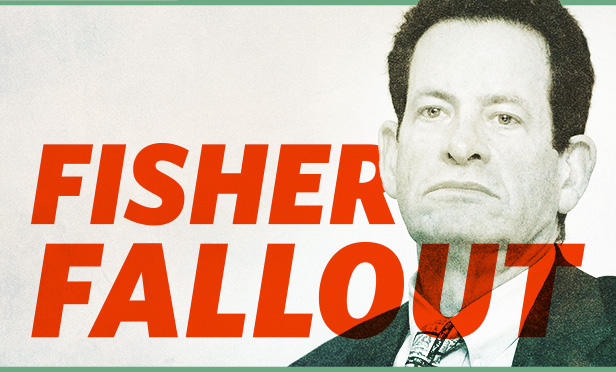
A year ago today, news stories began circulating about crude comments made by investment advisor Ken Fisher at an industry event.
Today, financial professionals who heard the comments made by the chairman of Fisher Investments are speaking out about what’s changed over the past 12 months, and what remains the same, in terms of the status and treatment of women in the industry.
Related: Wells Fargo Ends Mandatory Arbitration for Sexual Harassment Claims
The remarks came to light after Alex Chalekian, CEO of Lake Avenue Financial, posted a video on Twitter describing the lewd comments, which “truly horrified and disgusted” him. Fisher’s talk, he added, was “a true debacle. It was horrible. Things that were said by Ken Fisher were just absolutely horrifying.”
After the video went viral, two other attendees spoke up as well: Rachel J. Robasciotti, CEO of Adasina Social Capital, and Sonya Dreizler, head of the ESG consultancy Solutions With Sonya.
Fisher apologized several days later and was banned by Tiburon Strategic Advisors from appearing at future events. In addition, many financial firms moved to put conference codes of conduct in place and some Fisher Investments clients — mainly public pension groups — withdrew some $3.4 billion of assets.
The firm has about $124 billion in assets.
To assess the impact of the lewd remarks and subsequent fallout, ThinkAdvisor checked in with Chalekian, Robasciotti and Dreizler for their thoughts.
‘The Right Thing to Do’
“For me looking back a year later, I still feel the same way as I did then, and I knew it was the right thing to do. I’m glad I took the opportunity to speak up. I’m hoping that it has helped promote others to speak up as well for when they see things that shouldn’t be happening in our industry,” Chalekian said in an interview.
“I was happy that [the video] did help get the dialogue going. It was a conversation that should have happened a long time ago,” he said.
“Obviously, the world has changed a lot since last year,” he added, referring to the fact that most events are now held online due to the coronavirus.
At these virtual events, “I am seeing more and more individuals who didn’t have as much representation in our industry get the opportunities and be able to have a voice, which is fantastic,” explained Chalekian, who also is head of practice acquisitions at Integrated Partners.
“But on the flip side, I also see that a lot of this is possibly being done by firms because they were feeling the pressure of, ‘OK, we need to participate in this.’”
Related: Institutional Investors Ignore Sexual Harassment at Their Peril, Group Warns
As diversity and inclusion efforts have multiplied across the industry, their value has to go beyond public relations, according to Chalekian: “Ultimately, at the end of the day, we’re going to [need] to look back and say, ‘OK, since this … group came to be at this company, [this is] what’s happened.’”
And that means asking the tough questions: “Have we hired more women? More people of color? More people of different sexual orientations?” he asked.









 October 09, 2020 at 03:04 PM
October 09, 2020 at 03:04 PM











